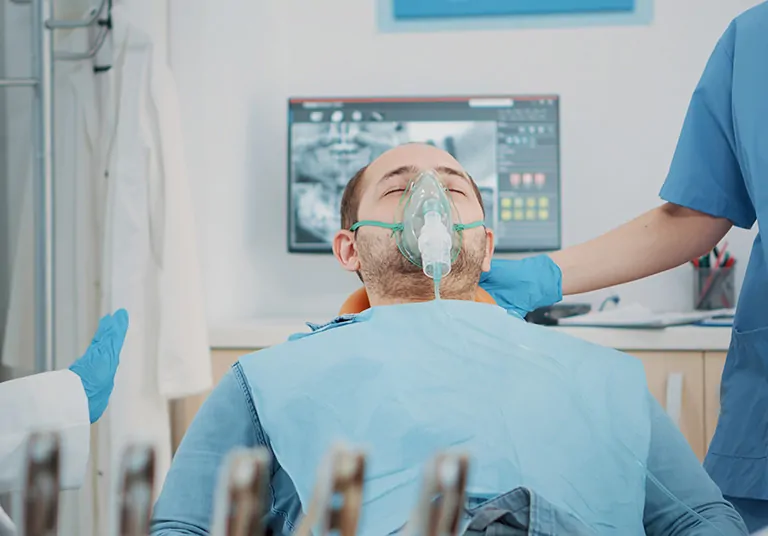How To Choose The Best Oral Snoring Treatment
Oral snoring treatments are created to reduce interruptions during sleep by improving airflow. These treatments work by adjusting the position of the jaw or tongue, limiting blockages that lead to snoring. Since each person has unique essentials, exploring the available methods with careful attention helps in finding the most suitable approach.
Factors to think about before selection:
Before settling on an oral snoring treatment, several aspects should be considered. Comfort during sleep plays an essential part, as the appliance must be worn nightly. The severity of snoring also guides the choice, since mild cases may respond well to simple appliances, while moderate cases may want more advanced adjustments. Personal habits, such as grinding teeth, are also worth considering.
Types of oral snoring treatments:
Different oral treatments address snoring in specific ways. Mandibular advancement devices gently move the lower jaw forward to keep the airway open. Tongue-retaining appliances hold the tongue in place to stop it from falling back and blocking airflow. Each treatment has its strengths, and the right one depends on personal conditions.
Benefits of custom appliances:
Custom-made oral appliances are shaped to fit the teeth and jaw accurately. They often feel more natural compared to generic versions. A proper fit also helps in reducing strain on the jaw and gums. Though they take more time to prepare, they may support better results for long-term snoring management.
Maintenance and care:
Proper maintenance of oral appliances extends their effectiveness. Cleaning after each use prevents bacteria build-up and maintains hygiene. Storing them in a clean, dry container protects their structure. Regular check-ups also ensure the device is functioning correctly and still aligns with individual requirements. Neglecting maintenance can reduce both comfort and effectiveness.
Consulting a dental professional:
Professional advice is often valuable when selecting oral snoring treatments. A dentist can assess the airway, examine the jaw, and recommend the most suitable device. They may also suggest adjustments over time to improve effectiveness. Regular follow-up appointments help in addressing any concerns and keeping the appliance in good condition.
Oral snoring treatments provide effective support for improving airflow and sleep quality. With options such as mandibular advancement devices and tongue-retaining appliances, there are solutions for different cases. Paying attention to comfort, personal habits, and maintenance ensures better results. Seeking advice from a dental professional further strengthens the process of finding the best treatment.
